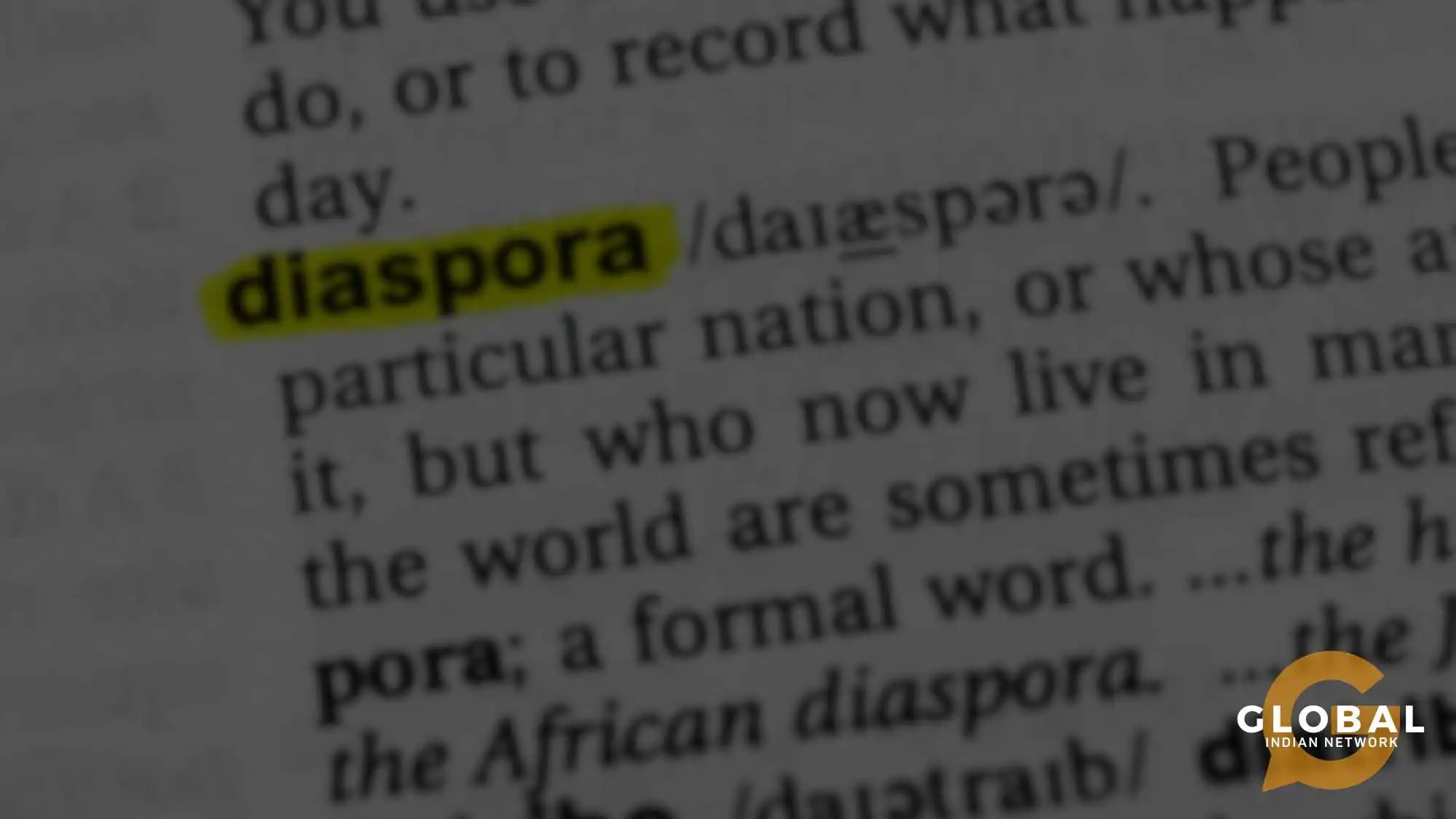The word ‘diaspora’ refers to the movement of people from one place to another or from one country to another. Etymologically, diaspora means the dispersion of Jews beyond Israel. But, in contemporary usage, it refers to the migration of people from their homeland to foreign countries.
Diaspora literature is an umbrella term encompassing any literary work written by authors outside their native countries but associated with their native cultures and traditions. The main themes this literature addresses include a quest for identity, nostalgia, a nagging sense of guilt, multi-culturalism, belonging, insider and outsider syndrome, etc.
Table of Contents
Difference Between Exile and Diaspora
Exile stresses the forced nature of migration and is, therefore, not neutral. People who are exiled usually express a desire to return to their homeland. Diaspora, on the other hand, implies a more neutral and positive view. When it comes to literature, the difference between the two can also be seen in the book’s attitude toward homeland and migration.
Exilic literature is often written when the memory of the homeland and migration is still fresh and new. However, in diaspora literature, the nostalgia for the ancestral land is lessened, if not disappeared. This insinuates that time is an important factor.
Exilic literature could be written during the Independence of India in 1947 when the experience and memory were still vivid, but diasporic literature could be written when people wilfully migrated to developed countries for better opportunities. Exiled individuals did not have the means to connect with their loved ones at home, so the feeling of nostalgia and the sense of guilt for leaving them behind was strong. However, the Indian diaspora is such that due to the advent of technology, connecting through calls and texts, even when miles apart, helps lessen the nostalgia for their homeland.

Types of Diaspora Literature
Diaspora literature is produced by diasporic communities who share their emotional attachment with their homelands while trying to maintain their cultural identity in the host society. Following are the broadly four types of diasporic literature:
- Historical narratives: Historical narratives are concerned with historical events, especially those related to migration, slavery, and colonization. As all these are traumatic events that can completely change the trajectory of a person’s life, their subject matter can also be called historical traumas. One example of such a piece of literature is V.S. Naipaul’s “The Middle Passage.”
- Identity and cultural hybridity: This type of diasporic literature grapples with finding one’s identity in the diaspora while winding through the vast tapestry of the host cultures as well. Living away from your homeland can fill you with the sense of insecurity that you are not connected to your roots and slowly integrate into the foreign culture, causing an identity crisis. Jhumpa Lahiris’s “The Namesake” falls into this category.
- Diaspora and homecoming: Here, the tension between the adopted homeland and a desire to reconnect with your roots is addressed. While for some, their adopted homeland does not feel like an unfamiliar place once they have adjusted, for others, their native place still attracts them, and their homesickness never truly goes away. An example of this is Chinua Achebe’s “Things Fall Apart.”
- Social and political commentary: This particular category of diasporic literature is a platform for social and political critique. Writers address the issues of racism, discrimination, inequality, and social justice through their works. As they are at the forefront of being the victims of discriminatory remarks, their account of living in such lands will undoubtedly be authentic. An example of this is Ngũgĩ wa Thiong’o’s “Decolonizing the Mind.”
Diaspora Issues in Indian English Literature
Some of the better-known Indian diasporic writers include V.S Naipaul, Amitav Ghosh, Jhumpa Lahiri, Salman Rushdie, Anita Desai, Aravind Adiga, Shyam Selvadurai, Kiran Desai, and Mira Nair. The most widely portrayed difficulties by these contemporary writers in English include dislocation, unfriendliness, fragmentation, marginalization, identity crisis, and cultural clash. All these are caused by the experience of migration and becoming a part of the “Indian diaspora.”
Anita Desai’s “Bye Bye Blackbird” is one of the first novels to depict diasporic Indian characters properly. It depicts how Indians who have migrated to London feel alienated from the rest of society due to racial prejudice and, therefore, isolating the character.
On the contrary, these authors also discuss the advantages of dislocation. You get to experience multiple cultures and get a different perspective on life. However, it remains true that diasporic writers find it challenging to carve a unique space or style of writing of their own. When diaspora literature is analyzed, it becomes clear that their characters try their best to establish their roots in foreign lands, but it is not always that they succeed.
Conclusion
To sum up, diaspora literature is the work of writers who become nostalgic for their homelands and turn to writing to archive their experiences. Aside from the Indian diaspora, other writers, such as Toni Morrison, Maya Angelou, and many others, have contributed greatly to African diaspora literature.
Regardless of where it was produced, this literature is defined by its substance. The story of Joseph and the Book of Job are included in the wide category of diasporic literature precisely because they are about the survival of characters outside of their homeland or on alien soil. The themes of cultural heritage and the impact of historical events on individuals and communities run throughout.

FAQs
What is the concept of diaspora literature?
Diaspora literature refers to the works of authors who do not live in their native land but remain strongly connected to their ancestral roots.
What is the concept of diaspora?
Diaspora is the dispersion of people from their homelands. In contemporary times, this implies voluntary migration rather than forced exile.
What are the elements of diasporic literature?
Diasporic elements include alienation, nostalgia, identity loss, and existential crisis, among many others.









